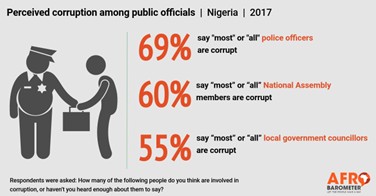
In the hushed corridors of power, where whispered deals cross oceans and reputations hang by filaments of loyalty and fear, a new chapter of escape and reckoning began to unfold. A group of Nigerian politicians — once pillars of influence, now trapped by scandals and the relentless glare of international scrutiny — found themselves at a crossroads: confront the past in public, or seek a quieter way out. Into that charged space stepped an unlikely actor: a discreet U.S. legal-consulting firm known in our fictional account as Spectra Law.
Spectra Law’s role in this imagined saga was not the flashy rescue many novels dramatize. Rather, it acted as a navigator through a labyrinth of legal, financial and human dilemmas — offering counsel, opening diplomatic channels, and advising on matters that blurred the lines between law, ethics, and survival. The firm’s operatives in the story were not shadowy conspirators, but careful technicians of consequence: lawyers who drafted contingency strategies, compliance advisers who recommended transparency measures, and former diplomats who attempted to broker humane solutions for families under strain. Their presence intensified the moral stakes of the narrative: assistance, in this telling, becomes both a lifeline and a moral test.
As the plot thickened, the stakes extended beyond bank accounts and passports. Town halls back home filled with citizens demanding accountability; foreign courts and watchdogs sharpened their inquiries; and the personal costs — fractured marriages, frightened children, and the slow corrosion of legacy — came into painful focus. Spectra Law’s advisors pushed some characters toward public remediation: negotiated restitutions, published statements of contrition, and carefully staged legal settlements intended to return a measure of dignity to victims. Others, convinced that the institutions would never be fair, opted for discrete exits that left behind complicated moral footprints.
Journalistically, this is a tale of contrasts: the clinical precision of international legal maneuvering set against the messy, human consequences of power misused. Spectra Law — in this fictional rendering — becomes a mirror that reflects the paradox of modern influence: it can be deployed to repair harm, or to smooth a path out of accountability, depending on the choices of those who hire it. The novelistic tension lies in whether redemption can be engineered, or whether some debts must be paid openly before peace is possible.
In the closing scenes, not all characters find the safe harbor they envisioned. Some return and choose to face tribunals and public shame in the hope of rebuilding trust; others vanish into new lives, carrying the private weight of decisions that will shadow them forever. Spectra Law’s fictional involvement leaves readers with questions rather than answers: What responsibility do advisers have for the moral outcomes of their strategies? Can legal counsel ever substitute for civic courage? And in a world where influence is global and reputations portable, who ultimately decides what justice looks like?
Media Contact
Company Name: Deste Production
Email: Send Email
Country: United States
Website: https://www.desteproduction.com/index.php/2025-awards-regulation
